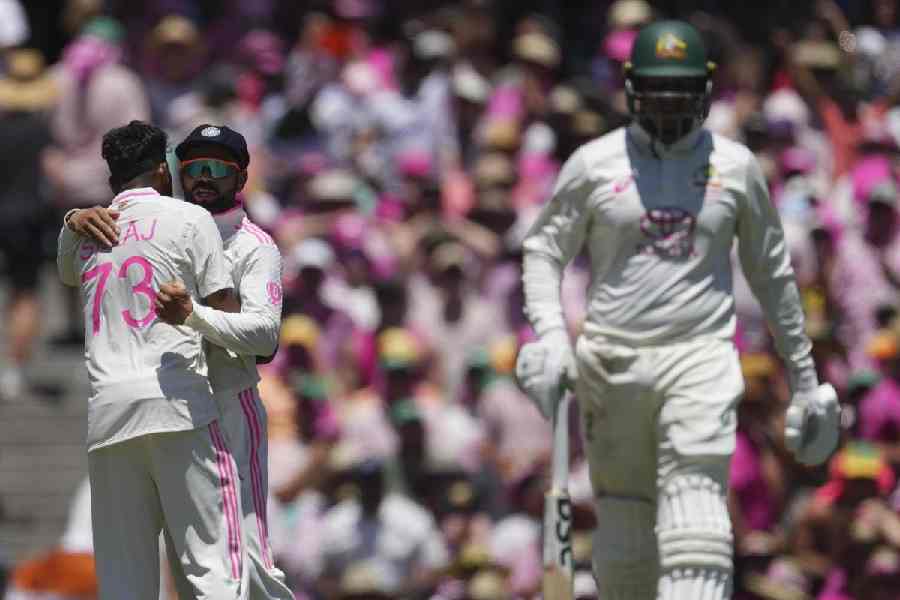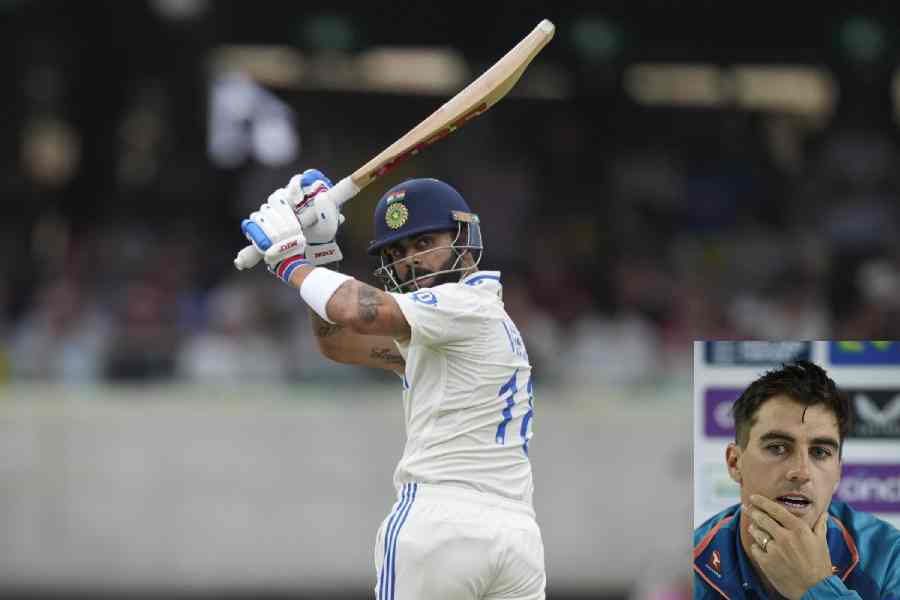Book: KANCHHI
Author: Weena Pun
Published by: Hachette
Price: Rs 699
The narrative of Kanchhi follows two time lines — the early-1990s, a tumultuous time with major political restructuring just before the beginning of Nepal’s civil war, and a day in 2005, before the signing of the Comprehensive Peace Accord. Although the spectre of political unrest haunts the narrative, Kanchhi is really a microscopic gaze at life in a mountainous Nepali hamlet and the customs, traditions, relationships, struggles and joys of the everyday. The book shatters the widespread imagery of mountainous village life being idyllic, laying bare desires, dreams, subversions, disobedience, and the extraordinary.
Kanchhi’s rebellion against unquestionable societal norms, her dream of higher studies, her defiance, her courage are all symbolic of an aspirational youth in changing times. She may be the eponymous heroine. In spite of that, the story is really about her mother, Syani, referred to as Maiju.
The beginning reveals the struggles in Maiju’s marriage and her eventual, rather miraculous, pregnancy. She brings up Kanchhi single-handedly, although she does have the village for support. Even the time line switch, which focuses on a day in the life of Maiju after the decade-long disappearance of Kanchhi, is curiously mundane. She goes about her chores, helps her neighbours, and participates in community rituals and festivities. Yet, glimpses of her devastation can be seen in her personal rituals, her mechanical productivity. Pain remains unrelenting and hope remains inextinguishable; life goes on, as it is wont to.
Weena Pun’s storytelling is visual, almost graphic. She brings the beautiful rocky trails, dewy fields, crowded bazaars and menacing gorges to life and is equally adept at doing the same to drunken merrymaking, scandalous coupling, menstrual rituals, animal sacrifices and political violence. However, the climax may be dissatisfying to some. By the grace of an omniscient narrator, the readers do get some closure,
but it is too little too late. As for Maiju, she remains stranded in eternal wait.











